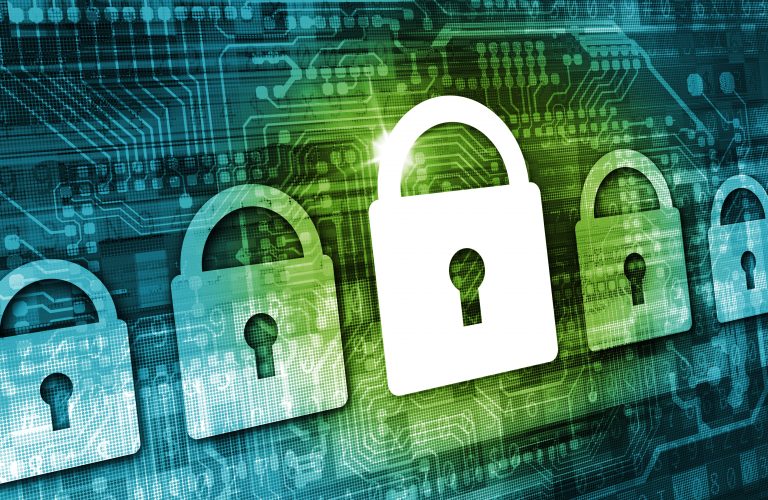When employing workers, you will require personal information such as their medical records, Social Security Numbers, and date of birth. This kind of private information is often used to steal people’s identity.
As an employer, you are responsible for securing your employees’ private information. Your business will be famous for the wrong reasons if someone’s information leak from your company. Read on to get conversant with mechanisms you can use to protect employees’ private data.
Store Physical Records Securely
In case your employees fill in their information on paper documents, they should be stored in a locked location. There should be limited access to individuals responsible for handling the documents. This will make it easy to follow up in case the information leaks. Come up with a mechanism of identifying those who access the information and the reason to do it. For instance, a log indicates the date of accessing the data, the data obtained, and why.
In case you realize the records were accessed without authorization, investigate the incident. Find out whether they were accessed intentionally or unintentionally. Depending on your finding, determine whether security improvement is required to protect the records better. Moreover, if you realize the stored private information leaked to a suspicious third party, you should notify the affected individual and the state regulators.
At the end of your employees’ retention period, you will have to dispose of the documents. It would help if you came up with a proper mechanism to eliminate them such that they cannot be reconstructed or read. Some appropriate disposal mechanisms are shredding, burning, or pulverizing the records. You can also contact a reputable vendor who can dispose of the documents in compliance with the state regulations.
Protect Online Stored Information
Thanks to technological advancement, most companies have devised online mechanisms for storing their employees’ information. One efficient way of storing and sharing data in a work organization is using the cloud. You should not give all your employees access to the information stored in the cloud. Allow only a few personnel to access information in the cloud to lower potential instances of the data breach.
Moreover, your IT department should be trained on how to use software that controls and monitor the assessment of data stored in the cloud. For instance, using software that can record all activities in the cloud, including unauthorized attempts. You should also ensure that any other electronic record is encrypted as well as they are password protected. More importantly, invest in network protection solutions such as endpoint security solution to protect the company from online hackers who might attack to steal sensitive information.
Set Up Private Wi-Fi Network
The public network has never been safe. It is easier for cyber attackers to intercept information from a company using an open connection than the one using a private one. Consequently, ensure your employees can privately browse and securely share information by setting up a private Wi-Fi network. In case some of your employees are working from home or remotely give them access to a Virtual Private Network.
A VPN will reroute web traffic to a different encrypted server. This will ensure sensitive information shared using the network is hidden from the public eye hence safer. Moreover, go the extra mile and restrict your workers’ web access. Do not allow your workers to access areas that are not suitable for a work environment. Filtering inappropriate sites will not only protect your employee’s information but also it will make your IT personnel monitoring work easy.
Train Your Employees on How to Protect Their Identity
You may be doing all it takes to protect your workers’ data, but they may not be taking the necessary steps to protect their personal life. This is because they may not be aware of how serious identity theft is. Most people lack sufficient knowledge of how it is easy for hackers to steal their identity. Therefore, they fail to employ protective measures hence put their identity in jeopardy. You should train your employers to be sensitive about sharing personal information.
To protect your workers’ information, safely store their data, use effective security solutions, and train them on the dangers of disclosing personal information. Protecting your employees’ data benefits not only them but also protect the integrity of your organization.
Amy Sloane is from Salem, Oregon.













